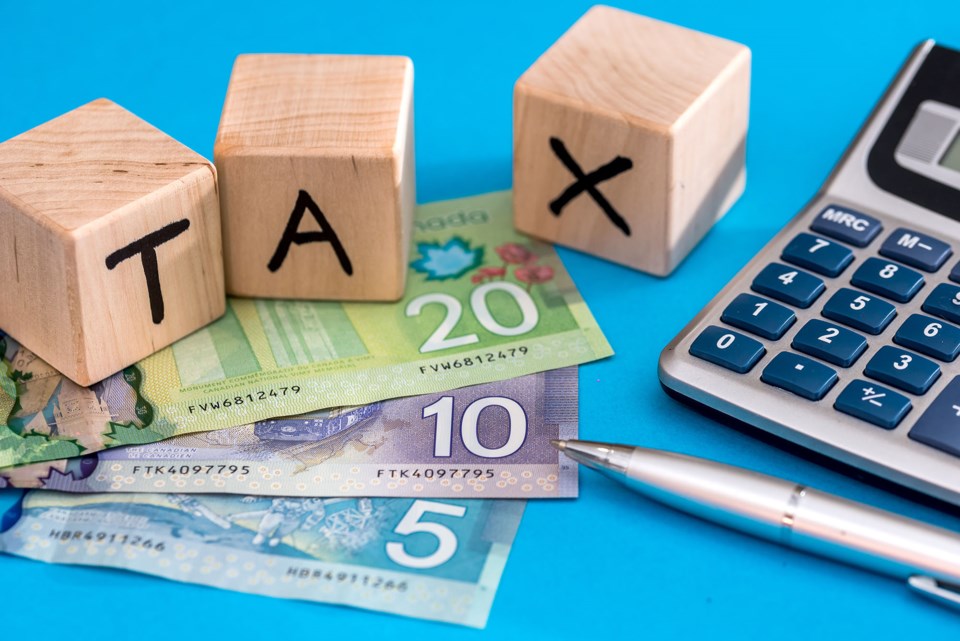A group of former finance ministers and private-sector experts warns that planned permanent spending increases by the federal government, after the pandemic, could result in the need for higher taxes.
The C.D. Howe Institute established the working group, co-chaired by former federal finance minister John Manley and Janice MacKinnon, a former finance minister of Saskatchewan. It also includes a group of experts from both the private sector and academia.
The group's consensus was that now is not the time to raise taxes, nor to commit to new, post-pandemic program spending. The group also wrote that a thorough review of existing programs to find cost savings would be better, pointing to personnel expenses as an example of a good place to start.
"You can't have new spending programs without figuring out how you're going to pay for them," says Manley.
The group estimates that initiatives announced by the federal government could add between roughly $19-billion and $44-billion in permanent annual federal program spending, not including crisis-related, time-limited spending such as income support programs.
It's evaluated different ways that Canada could increase taxes while remaining internationally competitive.
"Our group came to the conclusion that the least harm would be caused by an increase in the consumption tax," Manley tells The Rob Snow Show on 1310 NEWS. "You can neutralize its effect on lower-income [Canadians] by increasing the GST credit."
The group concludes that a permanent increase in non-growth-enhancing federal spending would impose a cost on most Canadians.
"If we want more services and more programs from the government, we all have to pay," says Manley.
